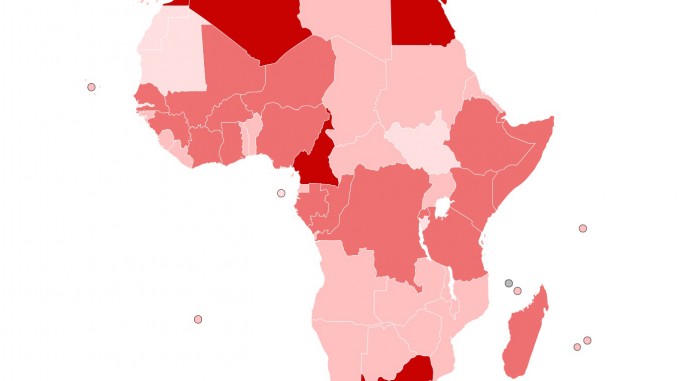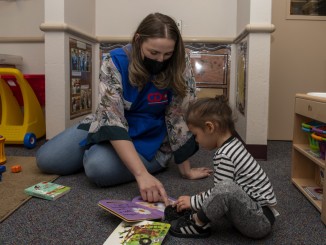
The COVID-19 pandemic has been slow to reach most of Africa compared to Europe and the United States. But that is changing. Reported cases and deaths in Africa are accelerating. And, because of the centuries-long racist pillaging of Africa by European and U.S. imperialism, national economies and health care systems are weak and especially vulnerable to crises, both economic and pandemic.
African countries south of the Sahara Desert are about 70 percent of Africa in land area and have about 90 percent of the population. More than half of the world’s “extreme poor” live in the region. A World Bank analysis says that those countries could lose between $37 billion and $79 billion in output this year alone because of COVID-19. Food production is dropping, leading to what could be major new outbreaks of starvation.
The world’s capitalists have already shut down much of the world economy due to COVID-19. International aid of all sorts to Africa is drying up. Health care systems are already weak. The region also has extremely densely populated urban areas, inadequate safe water and sanitation facilities, and a large “informal economy,” meaning that a vast number of people have little or no health insurance or jobs protected in any way in a crisis. All of this suggests that a coronavirus catastrophe is coming.
We are all part of one global epidemiological and social system. The pandemic has demonstrated that dramatically. But the response of governments and businesses is not global. Even the efforts of the World Health Organization are dependent on how member nations perceive their best interests. And the world’s governments are dominated by capitalists looking out for how to enrich themselves, often with racism influencing their policies. Working people, many of whom are very poor and especially vulnerable to COVID-19, are going to have to organize against capitalist power if we are ever to see a world where people’s health and quality of life are more important than the profits of the one percent.
Featured image credit: Wikimedia Commons




